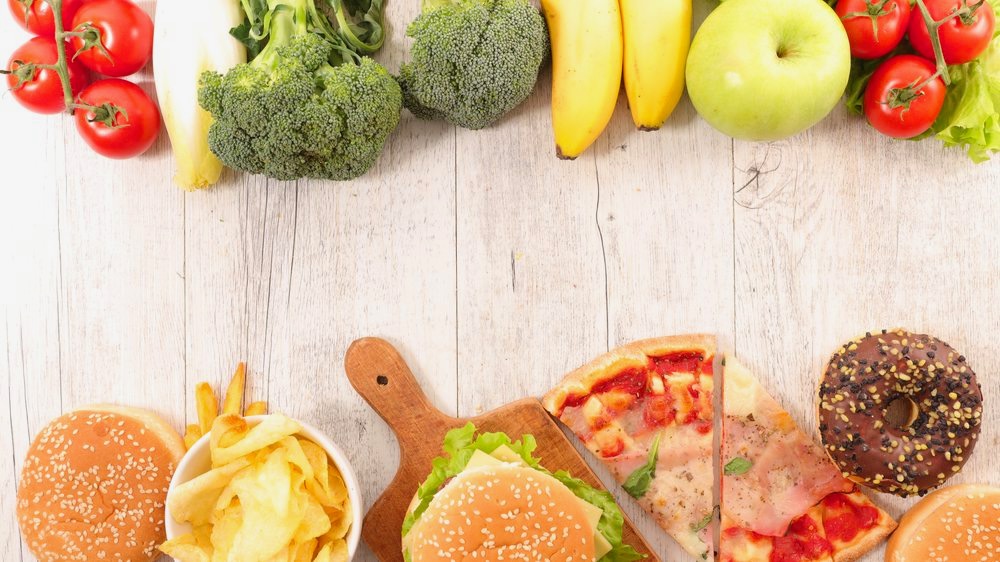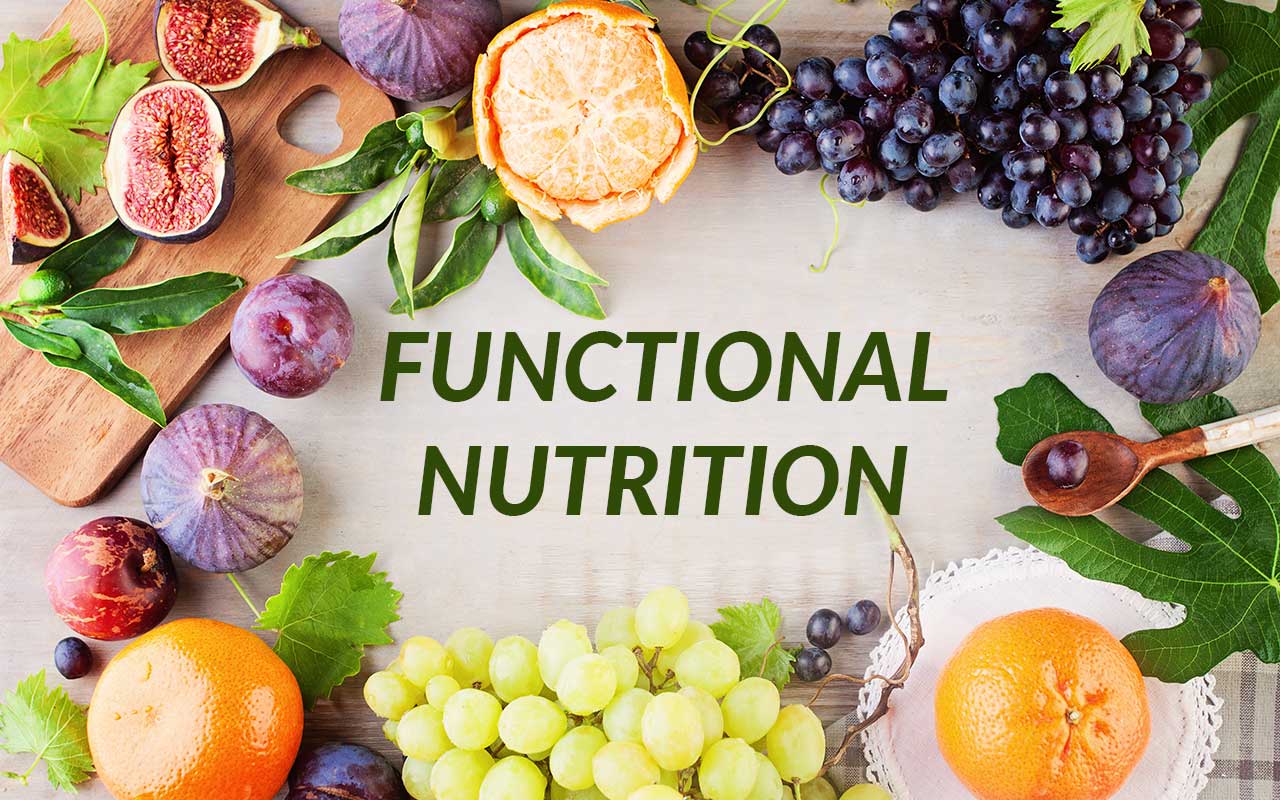Did you know our brain is 60% fat!
Fat is a macronutrient just like proteins and carbs that is very essential for the body. It got a bad rep in the 1980’s and 90’s when the profit greedy corporations linked fat to cholesterol and cardiovascular diseases due to a biased research study. Even the governments jumped the bandwagon and changed the national food guides recommending to avoid and reduce all fats including the good ones that had been consumed through generations by traditional cultures around the world. We not only stopped eating good natural fats but also started consuming low-fat or no-fat foods that had flooded the supermarkets and grocery stores that were actually laden with more sugar and salt. If “Fat is Bad” claim was to be believed, then we should have seen a decline in cardiovascular diseases but instead they increased multifold in the same time period.
The key here is to understand the role of fats in our body and how do we get them in our diet. Fats are an integral part of our cell membrane, a rich source of energy, regulate body temperature and make up 60% of our brain including the myelin sheath around the nerves. We need this macronutrient for the absorption of fat-soluble vitamins A, D, K and E. Fats play an important role in synthesis of hormones and also fight inflammation. It’s clearly an important nutrient that cannot be avoided for a healthy body.
Now that we know that fat is so important for the proper functioning of the body, the next question is to find out if there are any fats that are especially good or bad for us. To answer this we need to look at what kinds of fats are there and how we get them in our diet.
We get most of our dietary fats from both animal and plants. Animal sources are all kinds of meats including fish, milk and dairy products. Plant-based sources are vegetables, nuts and seeds. Generally animal based sources of fats have been studied to be more inflammatory especially from red meats with the exception of oily fish being an excellent source of Omega 3. Also worth mentioning here is Ghee which is an animal based fat but has been extensively used in Ayurveda for medicinal purposes. It is also considered to be very beneficial for the body due to the high content of Butyric Acid, which is crucial for our gut lining and brain. Good natural plant based sources of fats would be all seeds and nuts along with avocados, olives etc. and their cold pressed oils.
Based on their chemical structure, all fats are made up of hydrogen and carbon bonds. They can be classified into the following two kinds based on the difference in the shape and length of their bonds.
- Saturated fats: They are solid at room temperature and highly stable due to their structural composition. Saturated fats are very important for the body as they make the cell membrane stable and are not susceptible to damage. They do not oxidize with the exposure to heat, light and oxygen, which means they do not create free radicals in the body. This property makes pure saturated fats suitable for high temperature cooking and frying. They are a power source of energy and a moderate amount is all that is needed to keep us healthy but what needs to be ensured is the quality and source of this fat. The animal sources of this fat are Lard and Ghee (for cooking), butter, cheese, bacon etc. and plant based sources include coconut oil and palm oil.
- Unsaturated fats: These are generally liquid at room temperature and all oils come under this category. They are comparatively less stable and more prone to damage with exposure to heat, light and oxygen but at the same time are very crucial as they provide flexibility to the cell membrane and allow cells to remain in dynamic communication with the body. They can further be classified into 2 categories:
a) Mono Unsaturated Fats (MUFA): They are less stable than saturated fats but not as volatile as PUFA’s, which makes them still a good choice for medium heat cooking. The most common being olive oil, which has multiple studies dedicated to its beneficial health properties. Some other oils that fall under this category are peanut, avocado, high oleic safflower and canola oils (I do not recommend using canola oil as it was developed in labs from rape seed and most of the production now is from a GMO variety)
b) Poly Unsaturated Fats (PUFA): They are highly volatile oils and are generally treated commercially to keep them shelf stable. They are also known as Essential Fatty Acids (EFA’s) as they cannot be made by the body and need to be consumed through diet. The two main kinds of EFA’s are Omega3 and Omega 6. We’re generally supposed to consume them in a ratio of anywhere between 1:1 to 1:4 but in reality they are being consumed in the ratio as high as 1:20. This is because most of the processed industry is highly relying on Omega 6 sources of fat especially from corn, soybean and sunflower that have been commercially treated to make them shelf stable. We need to increase our intake of Omega3’s that can be from oily fish including Salmon, Mackerel, Sardines or Flax seeds and Chia seeds. Other examples of PUFA are Walnut oil, Cotton seed, etc. Ideally when picking up polyunsaturated oils, keep in mind that they are organic, cold pressed and stored in dark glass bottles. Ideally do not cook with them but use them for in salad dressings, dipping sauces etc.
Trans Fats
We know from above that a moderate amount of both saturated and unsaturated fats including good quality EFA’s are needed by the body. The fats that really need to be avoided are Hydrogenated or Trans fats It is a byproduct of hydrogenation, where a polyunsaturated oil is turned into a butter like consistency to mimic a saturated fat and make it shelf stable preventing rancidity. This is what you see in commercially available margarines, vegetable shortenings and baked goods.
As a thumb rule these are the following things you can keep in mind when picking up fat sources for consumption:
- Try to use a variety of fats in your diet to get the benefits of all.
- Use ghee, avocado and grape seed oil for high temperature cooking, olive oil and coconut oil for medium temperature cooking as well as for salad dressings and use flax seed oil/walnut oil only for dressings.
- Always pick up polyunsaturated oils in dark glass bottles and if possible organic and cold pressed.
- Try to consume more of plant based fats from seeds like chia, flax, hemp, sesame and avocados in your diet regularly to get good fats from whole foods. (Flax should be used ground for absorption of oils in the body).
- Minimize the consumption of animal based fats especially red meats as they contain are known to cause inflammation in the body with the exception of ghee and oily fish.
- Ensure the consumption of Omega3 in your diet and also consider supplementation as omega 3 has been linked to many benefits including reducing inflammation, supporting mental health and nervous system as well.
It can be overwhelming to choose the right oils and fats for consumption, when there is so much information out there about nutrition and it keeps changing with each new research study that is released. A simpler way to approach your diet including fats in general is to eat whole foods as much as possible. Choose fats that have been used by ancient cultures for cooking and rely on whole foods as good sources. Or simply follow what Michael Pollen says “Eat Foods, Mostly Plants”. Keep in mind he’s telling you to eat real whole foods.




